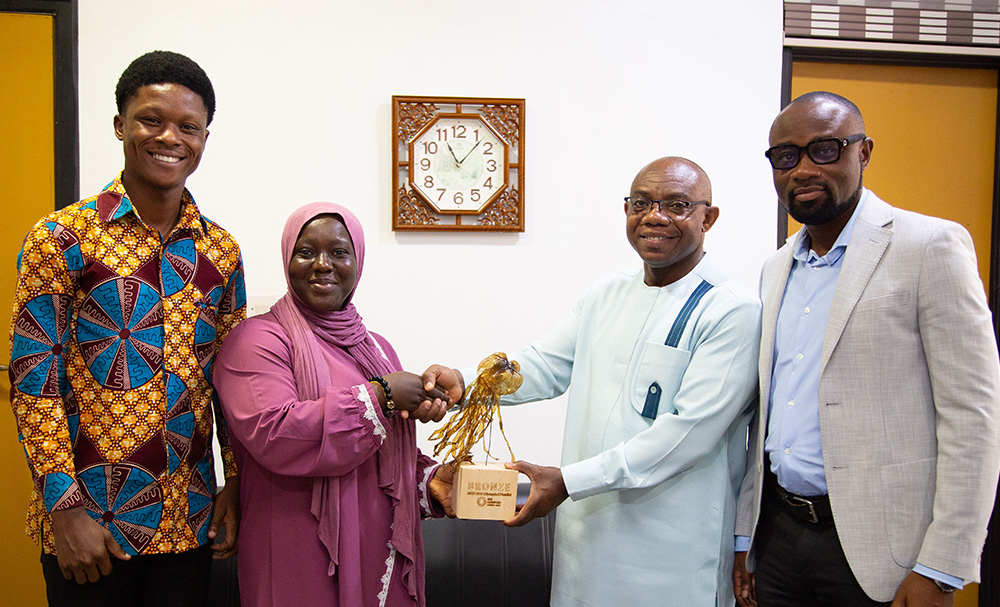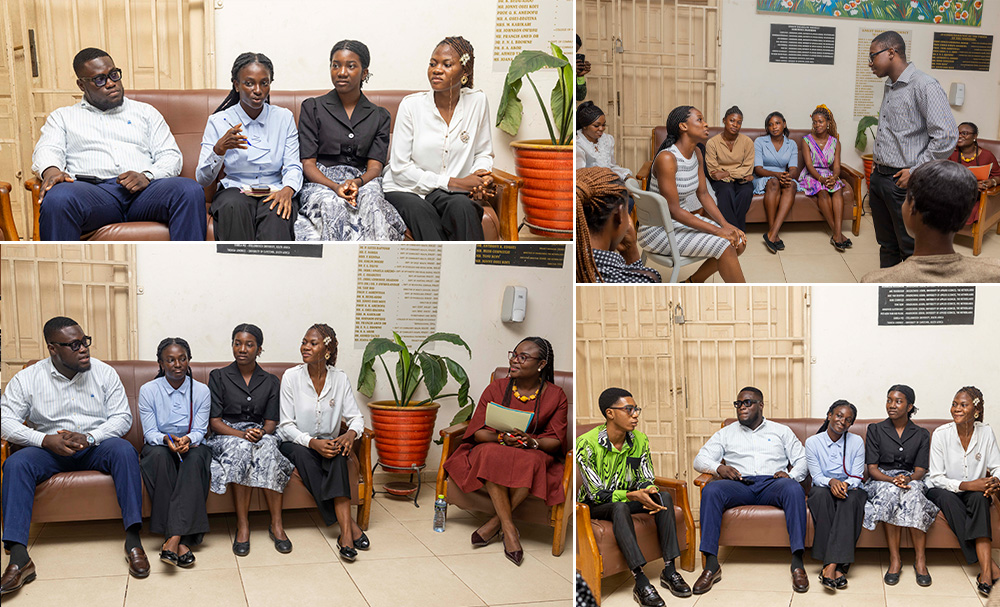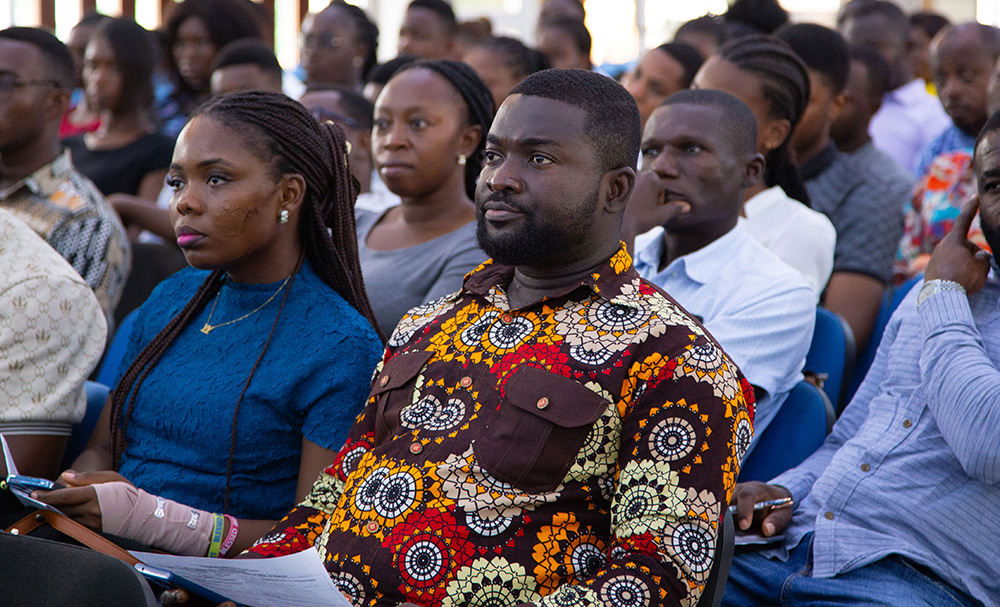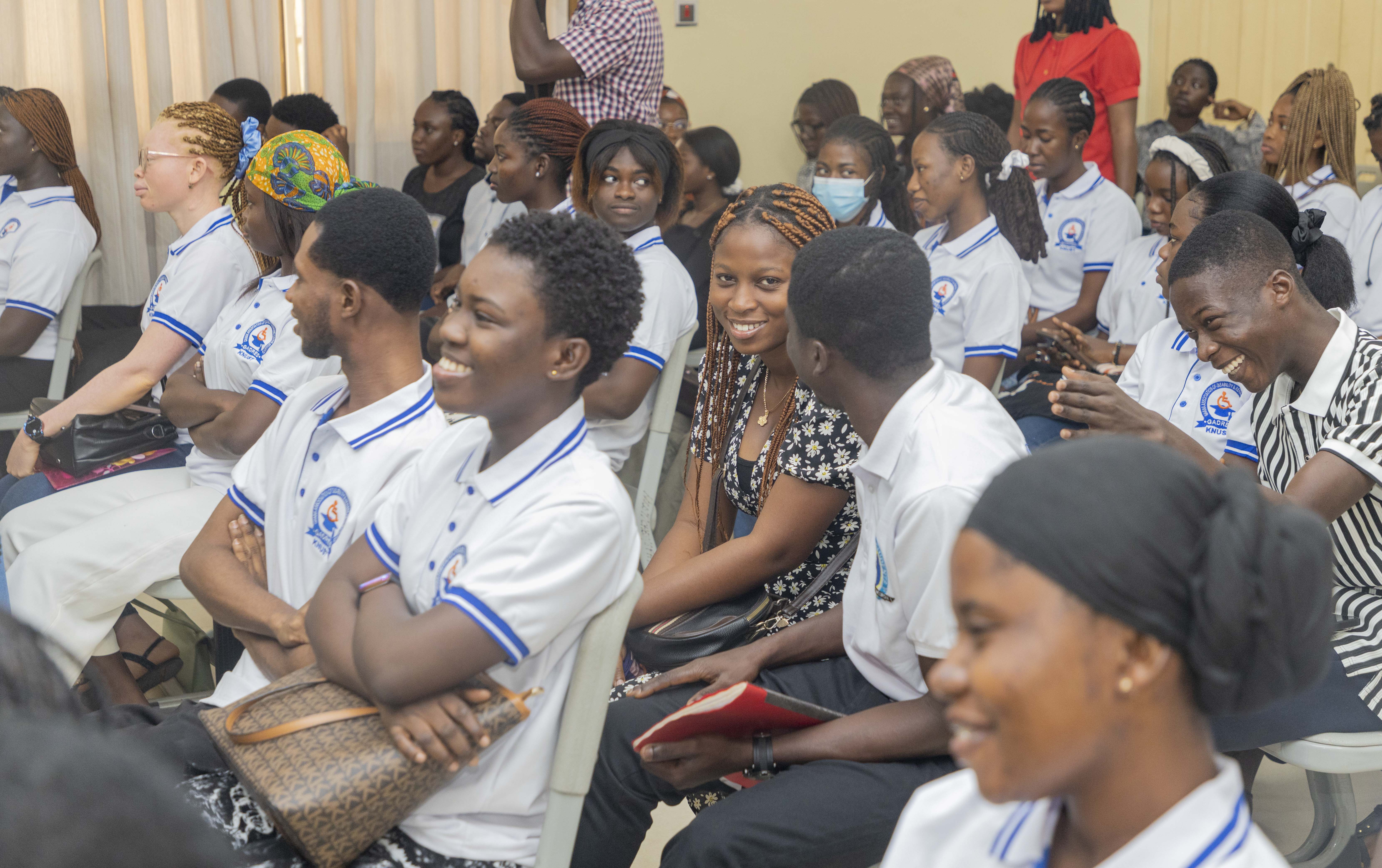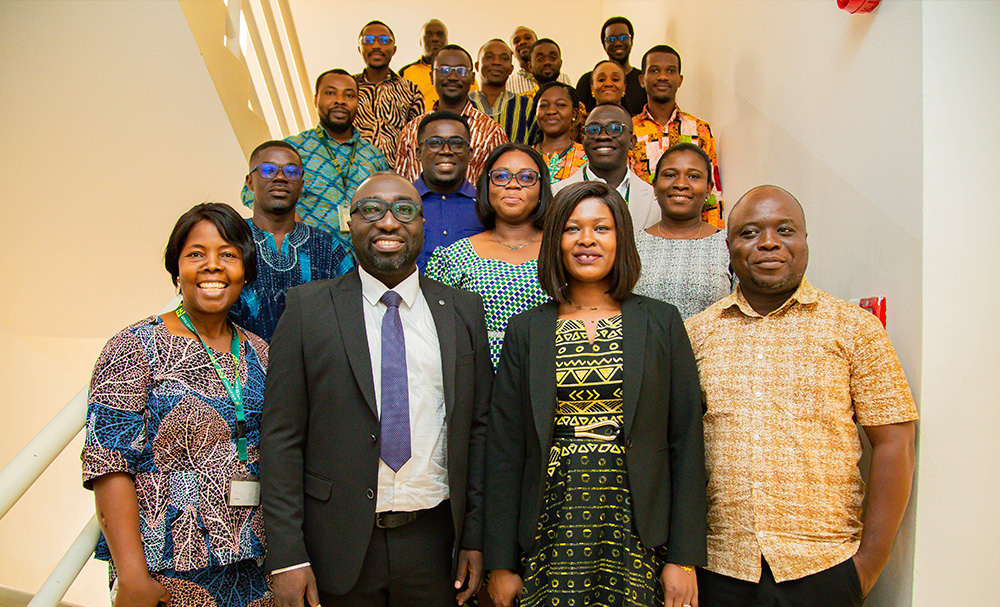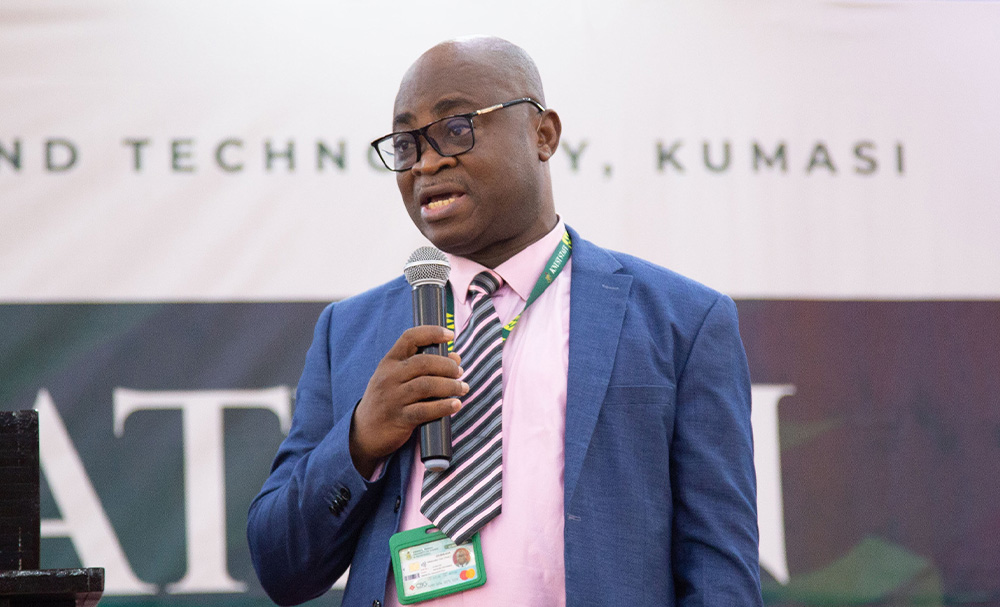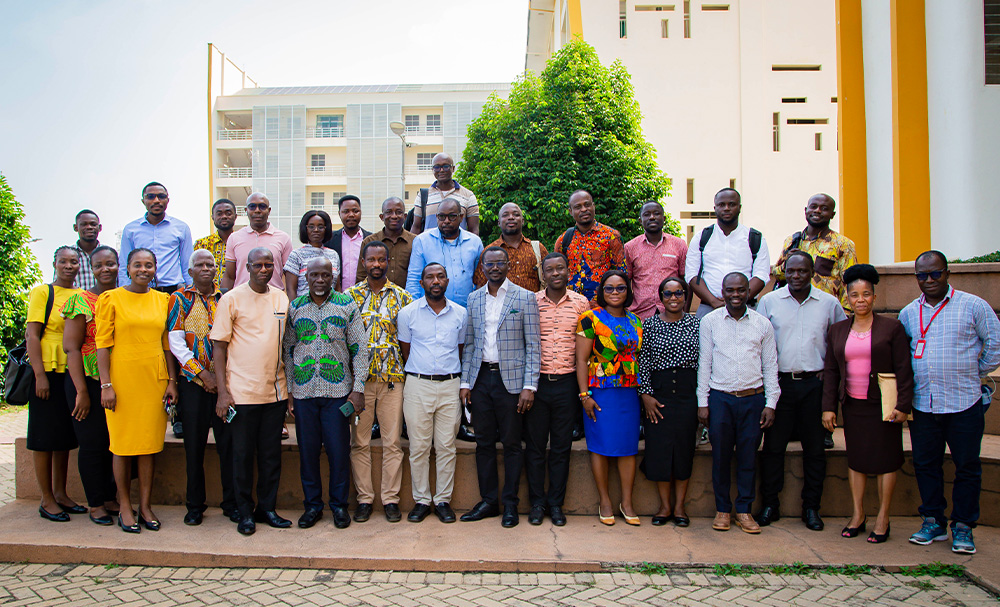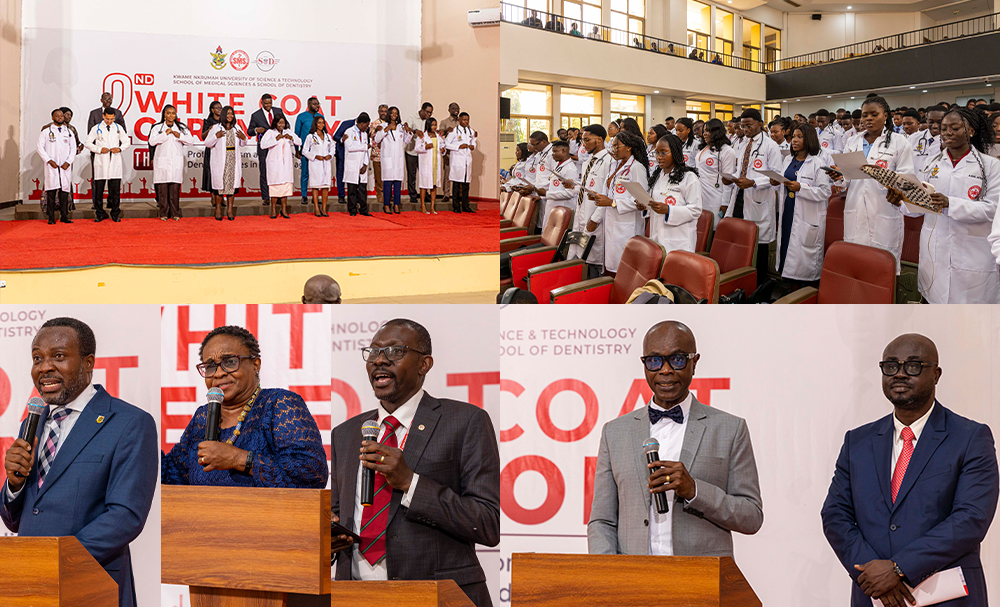UK, Ghana working together to improve knowledge about honey bee health and husbandry
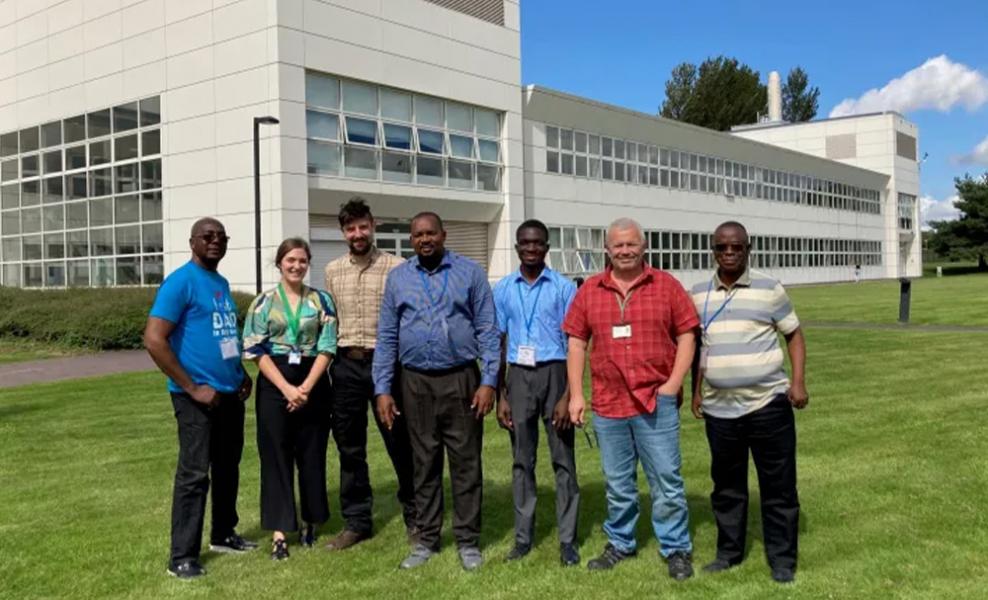
A four-member delegation from Kwame Nkrumah University of Science and Technology (KNUST) and University of Ghana (UG) Schools of Veterinary Medicine are visiting the UK’s National Bee Unit to foster strong partnerships for the development and inclusion of bee health teaching the veterinary undergraduate and postgraduate programmes in Ghana.
The two-week trip (18 – 31 August 2023) is sponsored by the Animal Health System Strengthening Project (AHSS), a UK overseas development assistance project managed by the UK’s Department for Food and Rural Affairs.
The team includes Professor Benjamin Obukowho Emikpe, Dean, of the School of Veterinary Medicine, KNUST, Dr Richard Hope Otsyina, Acting Dean of the School of Veterinary Medicine, UG, Dr. Ayodeji Ayotunde Oni, a senior lecturer at the School of Veterinary Medicine, UG, and Dr Emmanuel Dongbataazie Piiru of the School of Veterinary Medicine, KNUST.
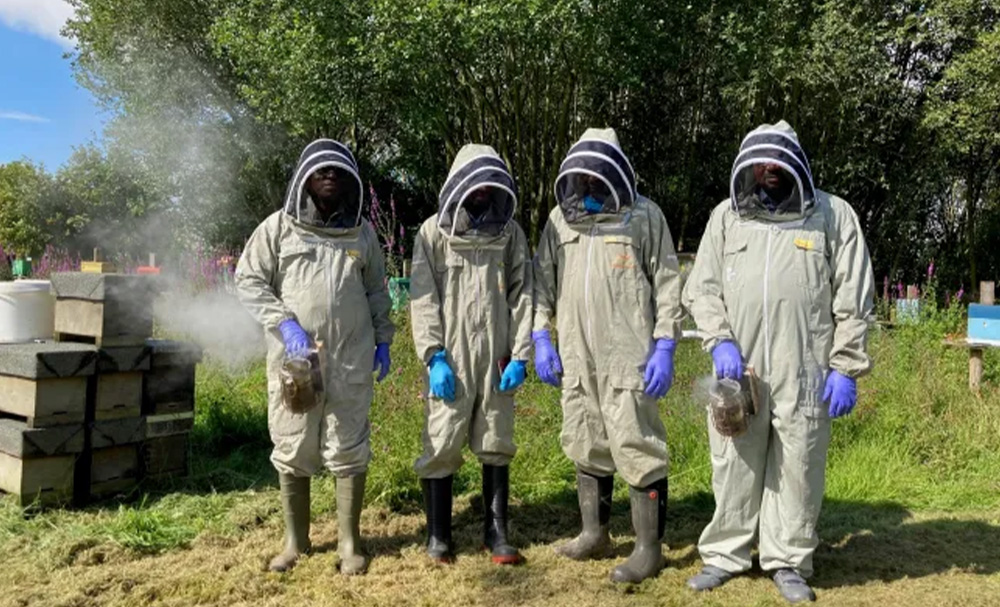
Bees are important to a healthy environment: they are part of the biodiversity on which we all depend for our survival. They provide high-quality food (such as honey) as well as being great pollinators. When they pick up the pollen of flowers and spread it, they allow plants, including many food crops, to reproduce.
Bee populations have been declining globally over recent decades due to habitat loss, changes in weather patterns, pathogens and the excessive use of agrochemicals such as pesticides which harm bee health.
The National Bee Unit (NBU) in the UK is a recognised centre of excellence in the provision of advice and research in bee health. It has been involved in the management and control of bee pests and diseases, along with training and dissemination of information to beekeepers for over 60 years in England and Wales. The current team of 80 people comprises laboratory diagnostics, research personnel and 60 bee inspectors.
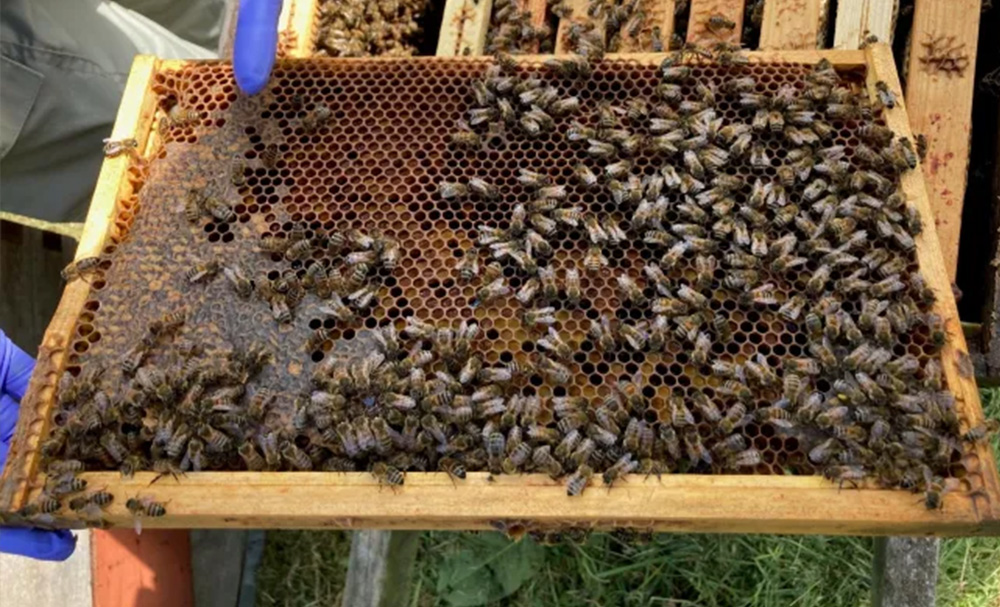
The delegation is receiving both theoretical and hands-on training on bee husbandry and the pests and diseases of bees.
They will also meet the scientists at Fera Science Ltd responsible for the laboratory testing of bees and honey and shadow the work of bee health inspectors. All the knowledge and skills acquired will be applied to produce the bee health teaching module to be deployed at both veterinary schools in the future.
The second phase of this collaboration will see UK bee experts and Ghanaian collaborators visiting various bee-keeping communities around Ghana to look at what diseases and pests are present and adapt recommended disease control practices, to make them relevant and acceptable to honey producers and processors in Ghana.
